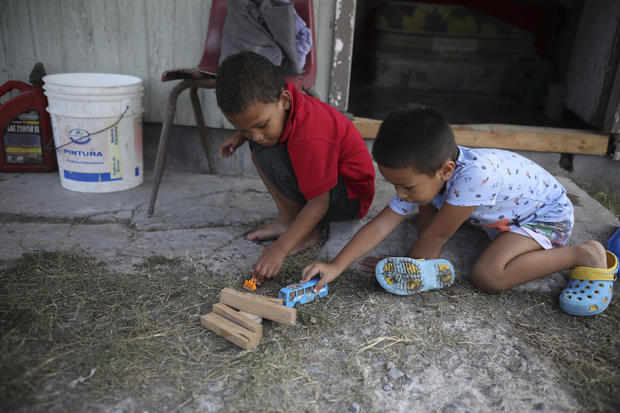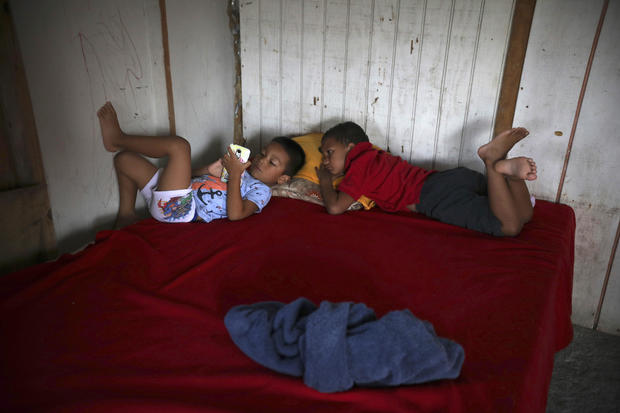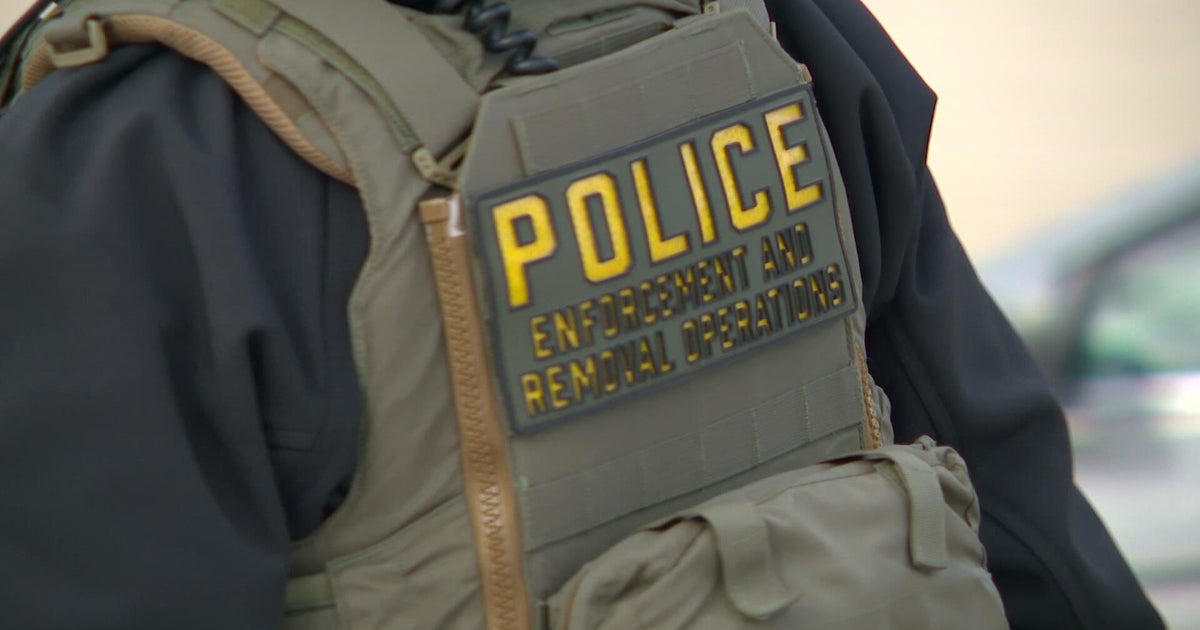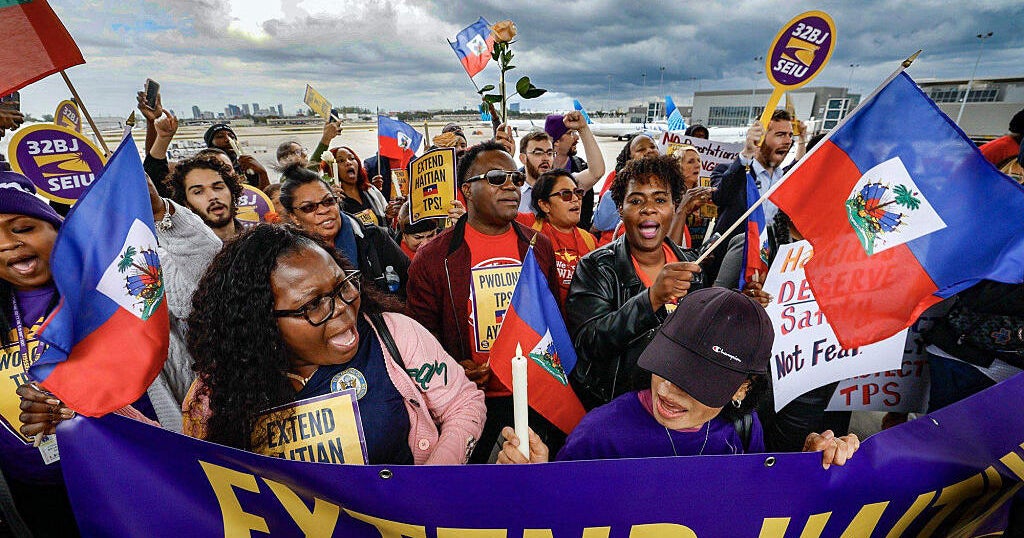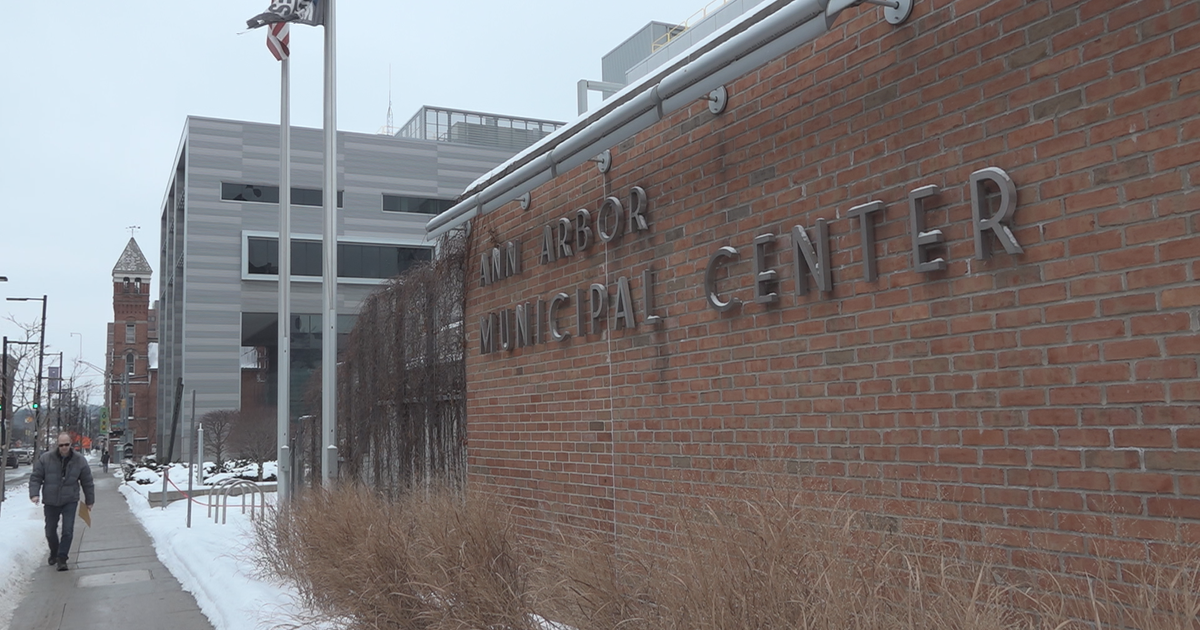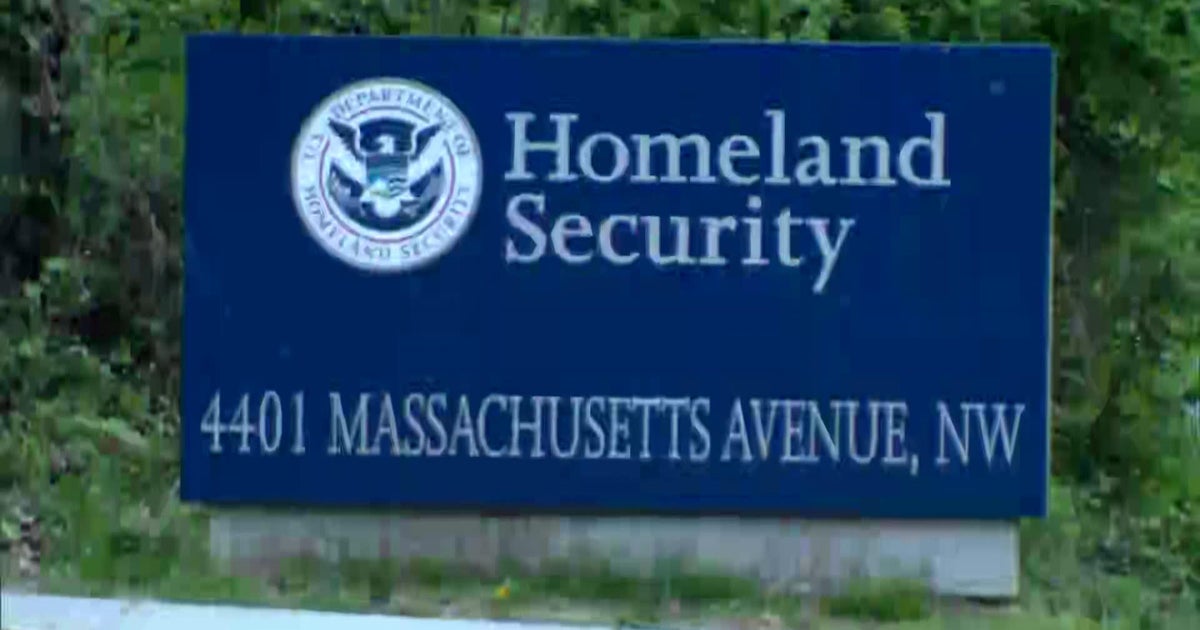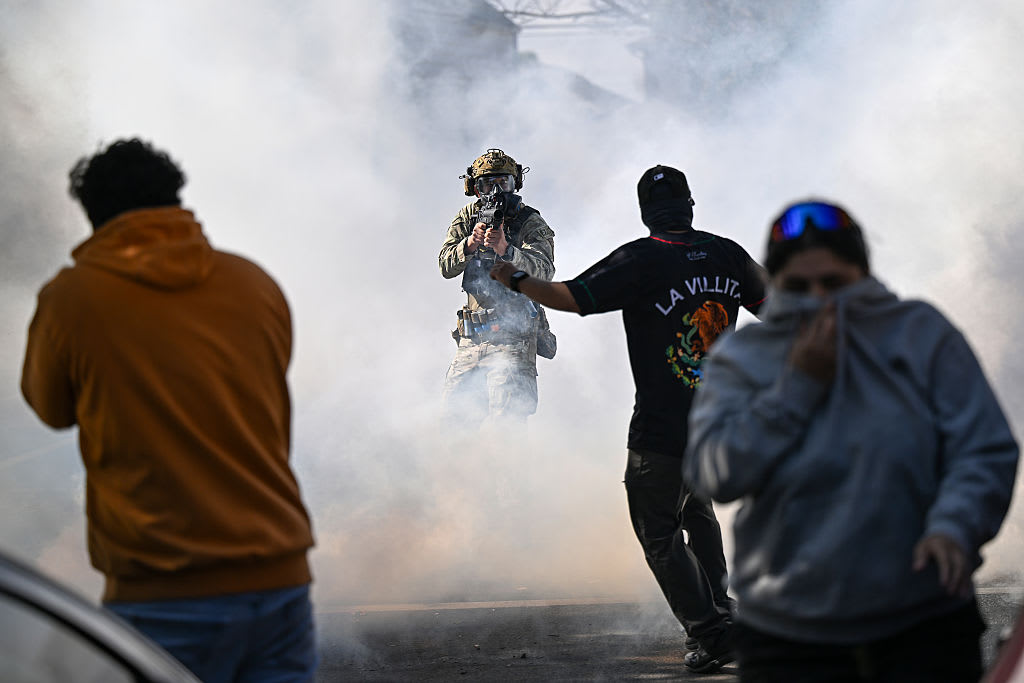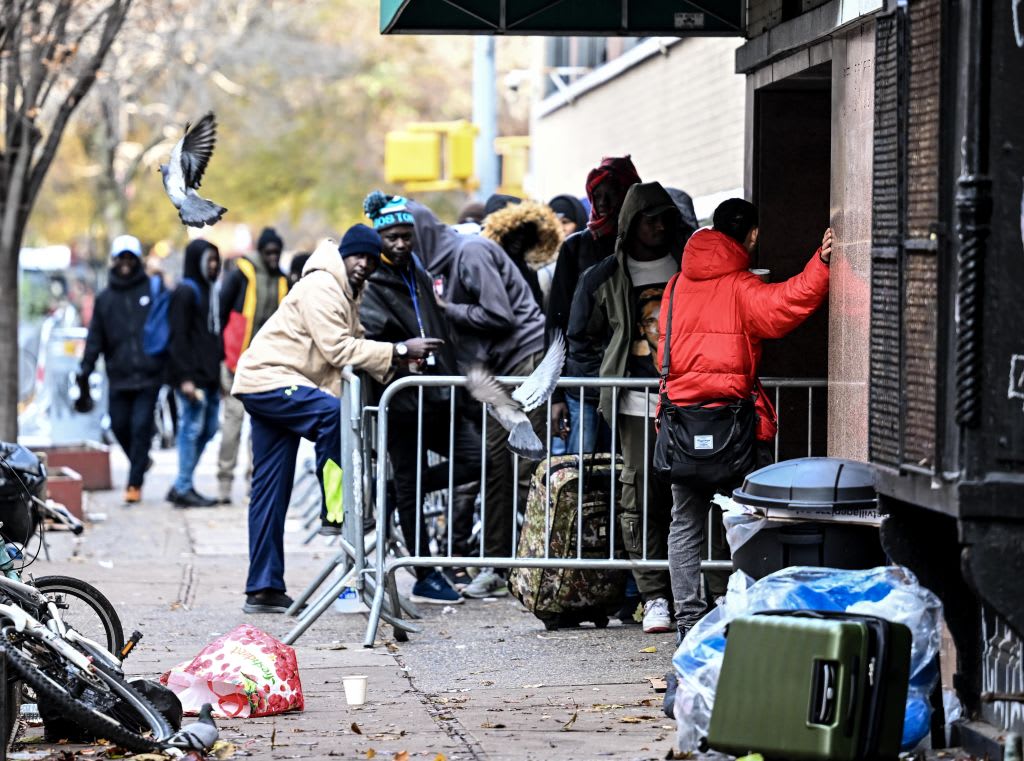Immigration courts fast-tracking hearings for controversial "Remain in Mexico" policy
Washington — Immigration courts along the U.S.-Mexico border are postponing certain cases to accommodate and fast-track hearings for asylum seekers placed in the controversial "Remain in Mexico" program. Officially known as the Migrant Protection Protocols (MPP), the program has required tens of thousands of migrants to wait in Mexico while their asylum claims are processed in the U.S.
The Executive Office for Immigration Review (EOIR) — a branch of the Justice Department that oversees the nation's immigration courts — confirmed on Friday that it is prioritizing hearings for migrants returned to Mexico under the program over other immigration cases. The office is treating their hearings as if they were detained by the U.S. authorities because those cases must be expedited, per EOIR policy.
Typically, migrants in the program wait in Mexico for months to enter the U.S. just for their court dates and are not technically in U.S. government custody.
"MPP cases are, for prioritization purposes, treated as though they are detained, so some non-detained cases are being reset," an EOIR spokesperson told CBS News, adding that the agency "is shifting resources as necessary in order to to address MPP cases as expeditiously as possible."
"We continue to expand our capacity for hearing cases through more immigration judge hiring and implementation of additional efficiencies," the spokesperson added.
The news comes after several attorneys working in the El Paso area told CBS News that their non-MPP cases were recently postponed. The sector is one of a handful of highly transited areas along the southern border where "Remain in Mexico" has been implemented. The policy is also in place in the border sectors near San Diego and Calexico, California and in the Texas border cities of Brownsville and Laredo.
CBS News series on "Remain in Mexico"
- "Leave me in a cell": The desperate pleas of asylum seekers inside El Paso's immigration court
- "I fear for our lives": Asylum seekers forced to wait in Mexico face danger and desperation
- Advocates say "Remain in Mexico" policy turns migrants into a "marketable commodity"
Attorneys and advocates said the move by the courts can have mixed consequences for different migrants. By tasking more judges to preside over "Remain in Mexico" hearings and prioritizing them, the change will likely mean that MPP claims will move more quickly — but at the expense of other cases.
"For those inside the United States, their cases are now being delayed because of this and they're now going to have to wait months or potentially years longer as a result of this," Aaron Reichlin-Melnick, a policy analyst at the American Immigration Council, told CBS News. "And this problem will only keep getting worse."
Reichlin-Melnick said the administration will likely continue shifting resources and judges to support the rapid expansion of the MPP program and adjudicate the cases of the more than 32,000 asylum seekers who have been returned to Mexico so far.
"With around 3,000 or more people being sent back every week, that number just keeps growing and the courts can't plan for that and have a stable population where they don't need to reassign judges constantly," he added.
Taylor Levy, an independent attorney in the El Paso area, believes there's a contradiction in the government saying that it is treating the cases of migrants subject to the MPP policy as if they were detained when lawyers like her have been told that these asylum seekers are not detained when they request bond or a relief from the program. Levy observes MPP hearings frequently and helps migrants stranded in Mexico.
"Even though there are all those guards and all those guns, the judges have repeatedly said on the bench in El Paso that the MPP respondents are not detained," Levy told CBS News, referring to the Homeland Security-contracted guards who escort asylum seekers into court when they have their hearings in the U.S.
In recent weeks, Levy said there's been clear signs in the El Paso immigration court that the administration is ramping up the policy.
Hearings for the program have sometimes forced judges to stay on the bench until 8 p.m. When approximately 200 asylum seekers in the MPP program were brought to the court one day, one of the judges did not hear the cases of some of the migrants and postponed them because she did not want the hearings to run through the night, according to Levy.
In Mexico, the vast majority of those returned under the MPP program — which is being challenged in court — struggle to find U.S. lawyers, shelter and employment. Many also fear being kidnapped, robbed or assaulted during their prolonged stays in Mexican cities like Tijuana, Ciudad Juárez and Matamoros, where crime and economic insecurity are rampant.
Levy said the shifting of Justice Department resources to expedite "Remain in Mexico" cases will exacerbate some of the challenges faced by migrants stranded in Mexico. "If you fast-track these MPP hearings, it makes it even harder for folks to find lawyers," she added.
Because most asylum seekers in the program have to navigate the immigration system without lawyers, Levy suggested the move to expedite hearings for those returned to Mexico may be designed for courts to ultimately issue as many deportation orders as rapidly as possible.


